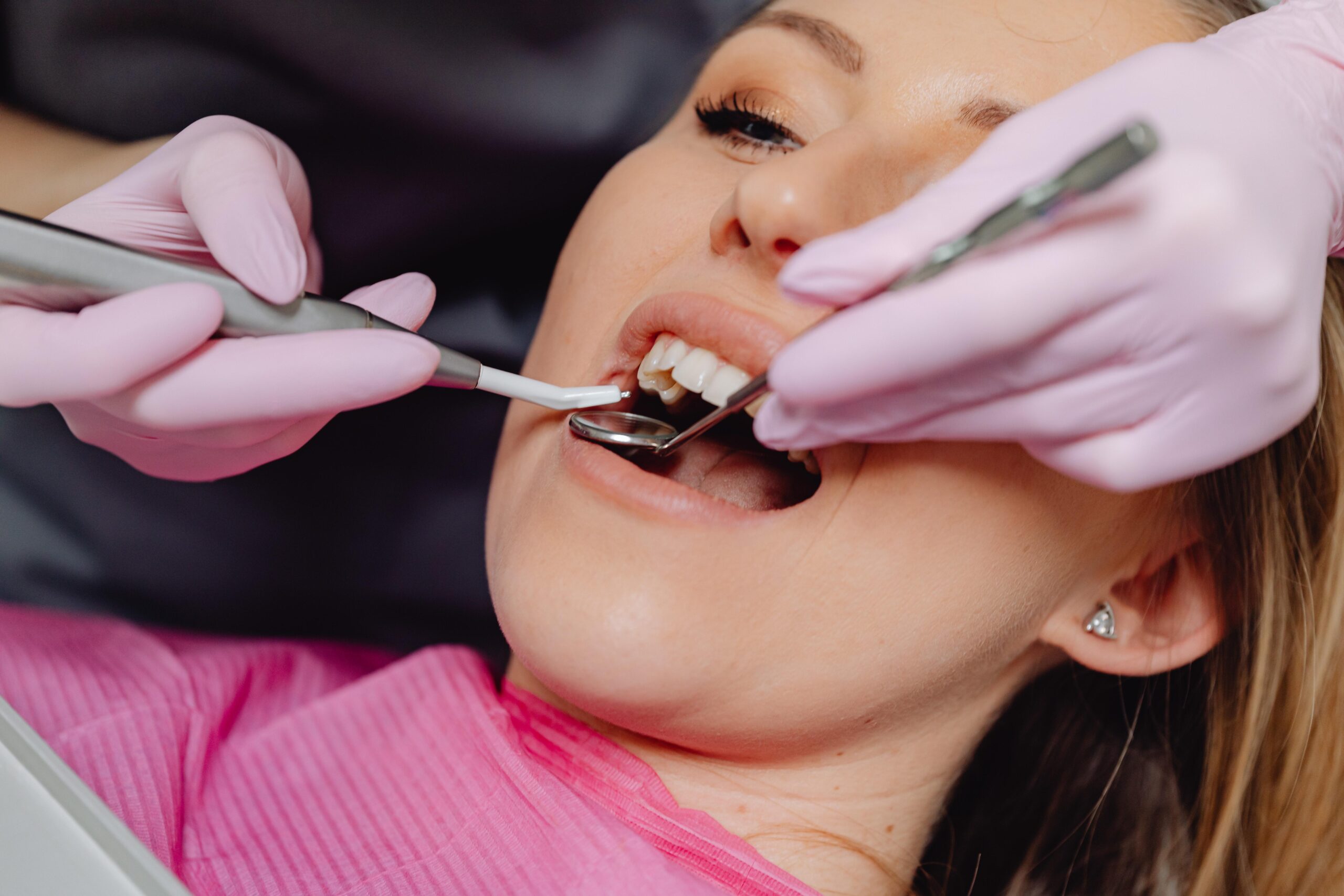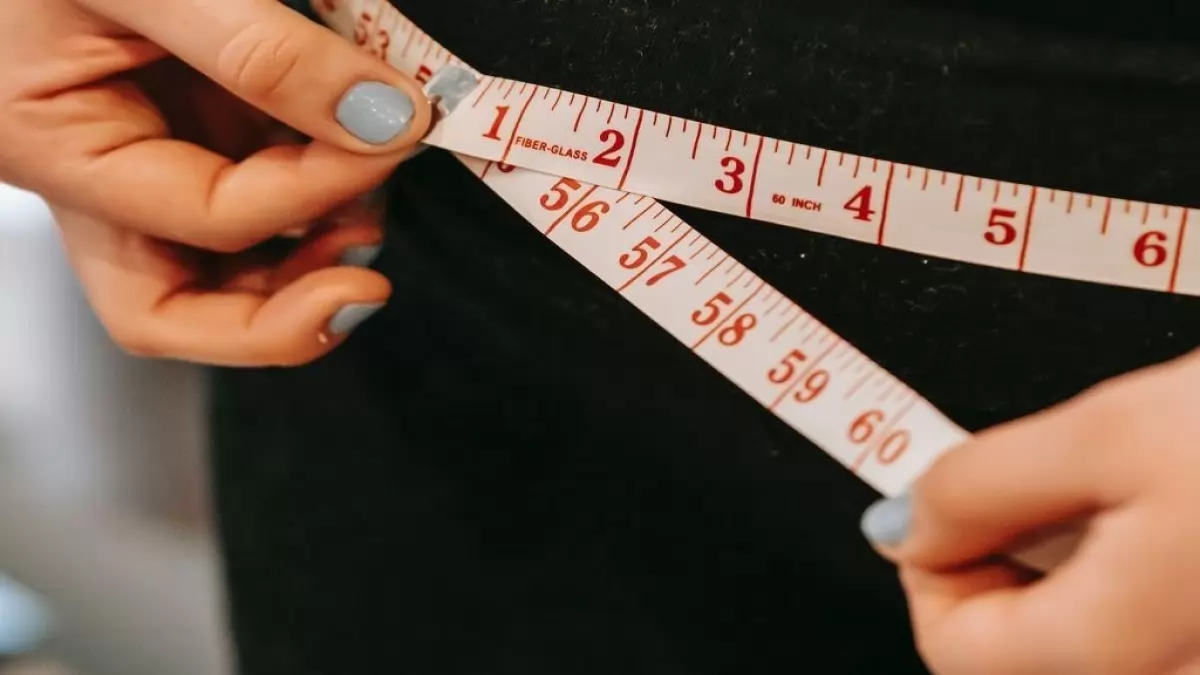Dental occlusion is a term used to describe the way in which your teeth fit together when you bite down. The way in which your teeth come together can have a significant impact on your overall oral health. When your teeth are not correctly aligned, it can cause problems such as tooth wear, jaw pain, and even headaches. In this blog, we will explore the causes of dental occlusion, as well as some solutions to this problem.
Causes Of Dental Occlusion
Several factors can contribute to dental occlusion. Some of the most common causes include:
Malocclusion: This is a term used to describe the misalignment of teeth. It can occur due to genetic factors or habits such as thumb-sucking or tongue-thrusting.
Teeth Grinding: Also known as bruxism, teeth grinding can cause your teeth to wear down and become misaligned over time.
Missing Teeth: When you have missing teeth, it can cause the remaining teeth to shift, leading to dental occlusion.
Jaw Problems: Conditions such as temporomandibular joint disorder (TMJ) can cause jaw pain and affect your bite.
Cure For Dental Occlusion
The cure for dental occlusion depends on the underlying cause. Here are some potential solutions:
Orthodontic Treatment: If a malocclusion is the cause of your dental occlusion, orthodontic treatment may be necessary. This can involve the use of braces, aligners, or other appliances to move your teeth into the correct position.
Dental Restorations: If missing teeth are causing your dental occlusion, dental restorations such as bridges or implants can be used to replace them.
Nightguards: If you grind your teeth at night, wearing a nightguard can help protect your teeth from damage and prevent further misalignment.
Tmj Treatment: If you have TMJ disorder, your dentist may recommend a combination of therapies such as physical therapy, medication, and lifestyle changes to alleviate your symptoms and improve your bite.
Solutions For Dental Occlusion
In addition to the above treatments, there are several things you can do to help prevent dental occlusion. These include:
Maintaining Good Oral Hygiene: Brushing and flossing regularly can help prevent tooth decay and gum disease, which can contribute to dental occlusion.
Wearing A Mouthguard: If you participate in contact sports, wearing a mouthguard can help protect your teeth from injury and prevent dental occlusion.
Chewing On Both Sides Of Your Mouth: Chewing on only one side of your mouth can lead to uneven wear and misalignment of your teeth.
Eating A Healthy Diet: Consuming a diet rich in calcium and other nutrients can help keep your teeth strong and healthy.
In conclusion, dental occlusion can cause a range of problems, but there are several solutions available. By maintaining good oral hygiene, wearing protective gear when necessary, and seeking treatment when needed, you can help prevent dental occlusion and maintain a healthy, functional bite.




